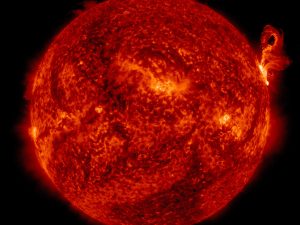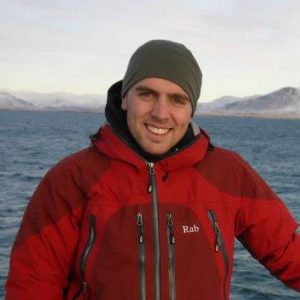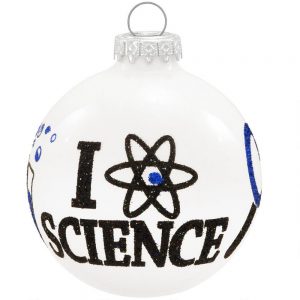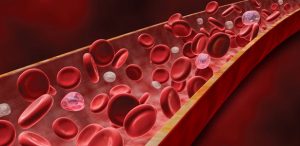Place and Time: Thursday 15 Feb 2018 from 19:00 for 19:30
New Location: King Charles Room, King’s Head and Bell, (10 E St Helen St, Abingdon OX14 5EA)
TITLE: Using Science to Reveal the Environments of the Past
Archaeology is often perceived as taking place mostly out in muddy trenches, with no technology more sophisticated than a trowel. However, excavation is only the start in the journey to understand an archaeological site, and techniques with their roots in the scientific world play a vital role. Archaeobotany is the study of ancient plant remains. These may be grains of pollen, assemblages of seeds, or fragments of charcoal; all provide clues to what the environment was like in the past. Most interestingly for archaeologists, they can show us how people in the past were interacting with, modifying and exploiting the natural world. This talk will explore what archaeobotany is, how it is carried out and examine what it can be used to discover. In particular, the talk will look at how excavations in Abingdon have produced archaeobotanical data that can help piece together the environmental history of the town from prehistory to the present day.
Speaker: Julia Meen
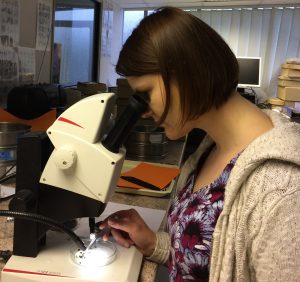 Julia Meen has worked for Oxford Archaeology, a commercial archaeological unit, for over 10 years. As an archaeobotanist, she analyses the remains of plant tissues that have been preserved on archaeological sites, and uses this evidence to help interpret what the environment was like in the past. She has worked on sites across England and also in France, and her most recent projects have included studying waterlogged plant remains from the Oxford floodplain in advance of the new flood alleviation channel, and analysing kitchen remains from the Franciscan Friary uncovered during recent excavations on the site of the Westgate shopping centre. Julia studied for her BSc in Archaeology at the University of Reading before heading to Bristol University to undertake a Masters in Landscape Archaeology. In the past couple of years, she has returned to Reading to complete a part-time Masters by Research, as part of which she had the chance to explore her interest in how archaeobotanical remains can be used to identify brewing.
Julia Meen has worked for Oxford Archaeology, a commercial archaeological unit, for over 10 years. As an archaeobotanist, she analyses the remains of plant tissues that have been preserved on archaeological sites, and uses this evidence to help interpret what the environment was like in the past. She has worked on sites across England and also in France, and her most recent projects have included studying waterlogged plant remains from the Oxford floodplain in advance of the new flood alleviation channel, and analysing kitchen remains from the Franciscan Friary uncovered during recent excavations on the site of the Westgate shopping centre. Julia studied for her BSc in Archaeology at the University of Reading before heading to Bristol University to undertake a Masters in Landscape Archaeology. In the past couple of years, she has returned to Reading to complete a part-time Masters by Research, as part of which she had the chance to explore her interest in how archaeobotanical remains can be used to identify brewing.


